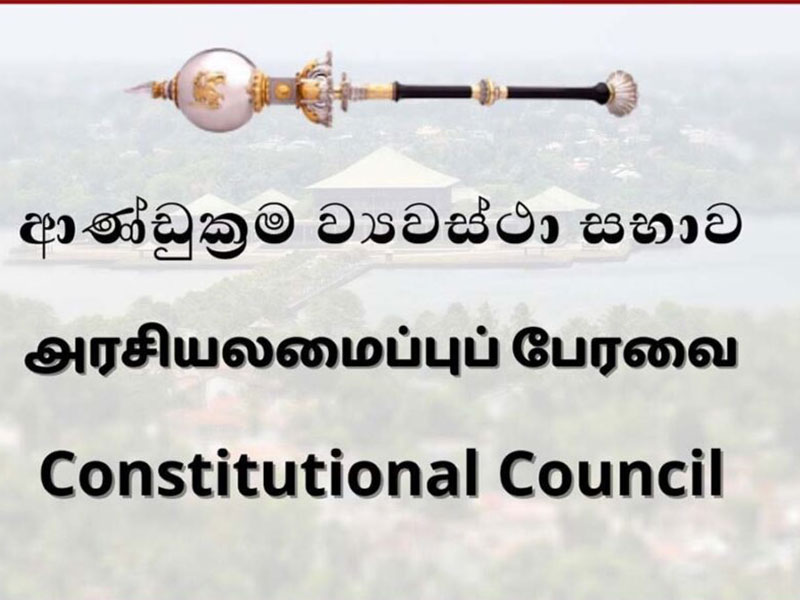In a recent development, the contentious dispute between the Presidency and the Constitutional Council (CC) has been amicably resolved, marking a significant step towards clarity in the governance framework. Speaker and CC Chairman Mahinda Yapa Abeywardena made a decisive move by issuing a gazette notification, introducing Constitutional Council Rules No. 1 of 2023 on December 31.
The new rules usher in key changes, most notably the appointment of a Secretary-General to the CC. This individual must hold a degree, preferably in law, and possess a minimum of 20 years’ experience as an Attorney-at-Law. The Secretary-General will play a crucial role in summoning meetings, communicating decisions, and maintaining records.
The functions formally assigned to the CC include recommending suitable candidates for key positions, considering presidential appointments, and fulfilling additional duties mandated by the Constitution. The backdrop of the controversy involved disagreements over the extension of tenure for the retired Inspector General of Police and the President’s recommendations for judicial appointments.
The confrontation escalated with the introduction of a 56-page draft of CC Rules, leading to a directive from President Ranil Wickremesinghe to withhold printing. The Attorney General’s opinion on the procedure further heightened tensions. Justice Minister Wijeyadasa Rajapakshe’s subsequent draft was rejected by the President’s Office due to perceived infringements on presidential powers.
The rules also detail the procedures for CC meetings, the appointment process, and provisions for amendments. Meanwhile, a vague reference to a “soft campaign” being launched hints at additional developments not fully disclosed in the provided information. Overall, the gazette notification of Constitutional Council Rules No 1 of 2023 appears to be a significant step towards resolving the disputes and establishing a more transparent and functional governance structure.







